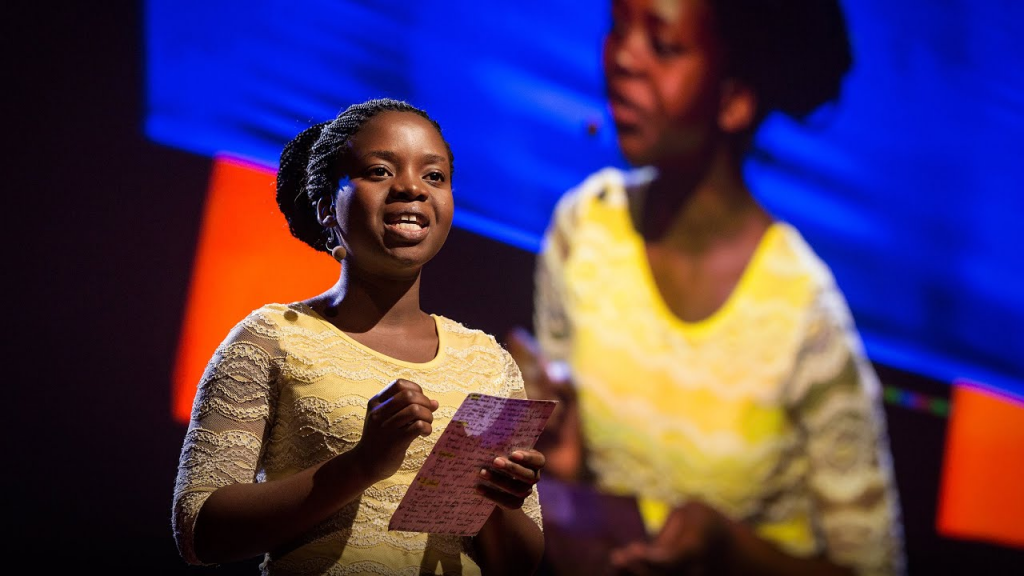By Miracle Nwankwo
The world is faced with certain systems and traditions that have been in existence for a long time. Many of these traditions stand as a limitation or bondage to a particular demographic who have had to suffer for generations until a saviour comes to their rescue.
An example of such a system is early child marriage practised in many parts of the world including developed regions.
In Malawi, there is a high prevalence of child marriage, fuelled by deep cultural and religious practice, as well as poverty. According to UNICEF, 46% of girls are married before they are 18 and 9% before they are 15. Adolescents are also commonly exposed to harmful initiation ceremonies, intended to inform girls and boys about sex and sexuality.
In efforts to help many girls escape the horrors of this unfair tradition, a young child activist, Memory Banda is tirelessly fighting to protect the rights of young girls in her community, who are being forced into early marriage. Through her work with Let Girls Lead and the Girl Empowerment Network of Malawi, she is in pursuit of ending child marriage in her country and other parts of the world.
Her pursuit began when her younger sister was forced into marrying a much older man after becoming pregnant at the age of eleven. Now sixteen, she is saddled with three children and her dreams of becoming a teacher thrown away. This has become the story of many young girls with promising futures in some parts of the world. And it only takes the intervention of an activist like Memory Banda to change this narrative and help these girls become all they can be.
Child, early and forced marriage threatens the lives and futures of women and girls around the world. Every year, at least 12 million girls are married before they are 18. A major human rights violation, early marriage robs girls of decision-making power on their lives and bodies, it disrupts their education, and they are more vulnerable to violence, discrimination and abuse, according to UN Human Rights.
From her ends, Memory Banda is playing an influential role at both communities, national and recently international level, to save many young girls from this unfair practice and other harmful practices meted on young women.
Now in her early 20s, she is the founder and CEO of Foundation4GirlsLeadership. Internationally, she has delivered speeches on child marriage at the UN Commission on the Status of Women, and at the Oslo Freedom Forum. She advocated for traditional leaders to formulate by-laws that protect the girl child and at the national level, she advocated for the legal age of marriage to be raised from 15 to 18 years of age.
Although the law now recognizes 18 years as the legal age of marriage in Malawi, Memory is still fighting for its enforcement and advocating for girl-child empowerment. She created Malawi’s Girls Empowerment Network (GENET) and Let Girls Lead girls community groups to keep girls in school and raise awareness of their rights. She collaborated on a storytelling project where young girls shared their experiences, dreams and the challenges they face, through different forms of art and theatre.
About Memory Banda
Memory Banda was born on September 24, 1996, in Mzimba District, Malawi. She was raised in Chiradzulu District. Her father died when she was four years old, and she was raised by her mother. Despite growing in a singled-headed family, Memory defied the odds of early marriage in her community. However, her younger sister Mercy was forced to marry at the age of 11 after she became pregnant during an initiation ceremony. From a tender age, Memory aspired to be different from everybody and everything. Although her culture required her to be quiet and silent because she was a girl child, Memory refused to be silent, she was a tough girl and a fighter. Today, her journey is an inspiration to the girl children across the globe.
Through her dialogue with traditional leaders, Memory fought to ban the so-called ‘sexual cleansing ritual’ at the initiation camps. The ritual, where girls are raped by older men as a ‘rite of passage,’ is now forbidden, with Memory’s community being the first in the country to stop the practice.
In a world in need of saviours like Memory Banda, here at Amazons Watch Magazine, we choose to uplift every woman committed to making the world a better place. Therefore, this week on our impact inspire category, we place our spotlight on Memory Banda, as we encourage and inspire young girls and women around the world to challenge every inhumane practice in their sphere of influence.





Comments are closed.